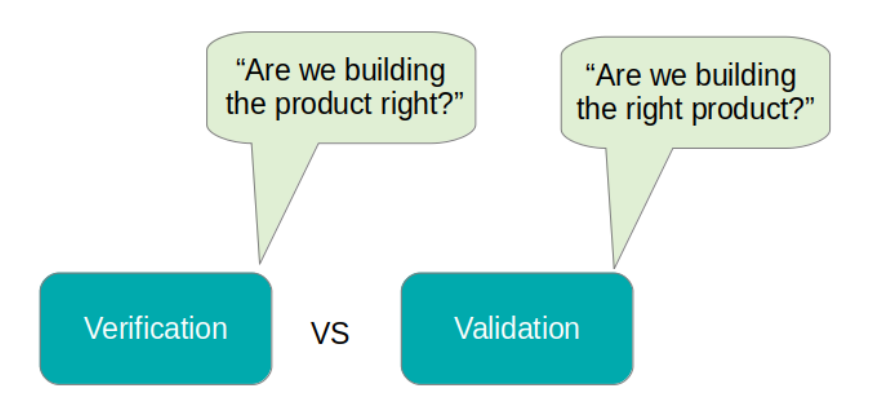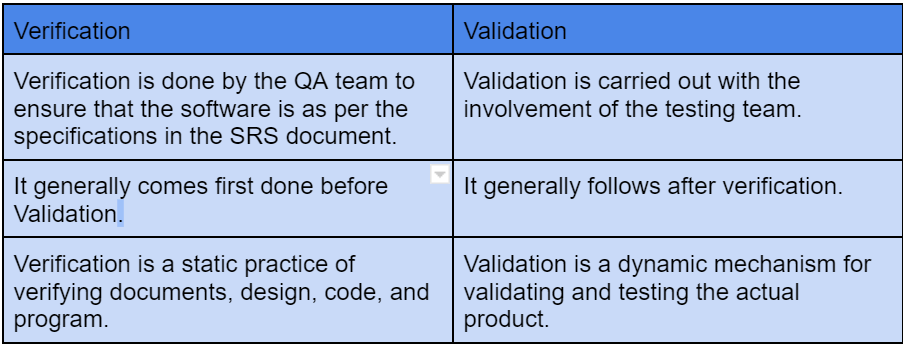BLACK FRIDAY
85% Discount for all November
85% Discount for all November

Automation
Manual testing
Testing
Hey All, This is the first part of a series of blogs in which we discuss some interview questions for a Software Tester or Quality Assurance(QA) position. There are three different levels of software testing interview questions, namely basic, intermediate and Advanced level Questions. Let’s start with some Basic Interview Questions in software testing.
Here, we don’t need to explain every testing type; conversely, explain the types you worked on and some more related testing types.
E.g., I was primarily working on web testing types like system testing, UI testing, and regression testing. Besides that, the API testing is done using the Postman tool. The other types of testing include black-box testing, where the testers examine the software's functionality without knowing its internal structure or coding. White box testing is done to test the application at lower levels, and it includes unit testing and integration testing, which requires programming knowledge.
Both alpha and beta testing are customer validation techniques, and they are coming under user acceptance testing. Alpha testing: It is a type of Internal Acceptance Testing performed to identify all possible issues before releasing the software for beta testing. It is done by the testers, which are internal employees of the software.
Beta Testing: It is performed by real software application users in real environments. Here, the customer provides the inputs to the software's design, functionality, or usability.
Even though the testing team is vigorously testing the application, there is the possibility that test cases may miss out. So that’s why beta release makes it much easier to test the application on hundreds of machines and find any minor issues before actually releasing the product to the market.
Verification: verification is done to confirm that the product development is according to the specification. And using the standard development procedures. It consists of different activities like reviews, inspections, walkthroughs, demos, etc.
Validation: validation is a means to confirm that the developed product doesn’t have any bugs and is working as expected. It consists of functional and non-functional testing techniques.


There are four levels of software testing:
*Unit testing
*Integration testing
*System testing
*Acceptance testing
The first level of testing starts with unit testing. It is testing the smallest piece of code that the developers write. It can be a small functionality, a program, or a method in a program. The developers themselves usually do it. The next level is Integration Testing, performed after unit testing where different units or software modules are integrated. Here the testers are testing the correctness of communication among all the modules. After that, the system testing is carried out on a complete and fully integrated software product to evaluate the system's behavior and test if the software application is built according to the user requirements. System testing includes functionality testing, Performance testing, scalability testing, load testing, stress testing, regression testing, etc.
The last level of testing is User Acceptance testing. The end-users do it in a real work environment based on the requirements.
The testbed is a test execution environment configured for testing as per the need of the Application Under Test. It consists of hardware, software, network configuration, operating system, test terminals, etc.
Example:

This is the first part of this series. In my next blog, I will add the remaining questions. See you all on my next blog. Thank you, Happy Learning!
Friday, Apr 22, 2022